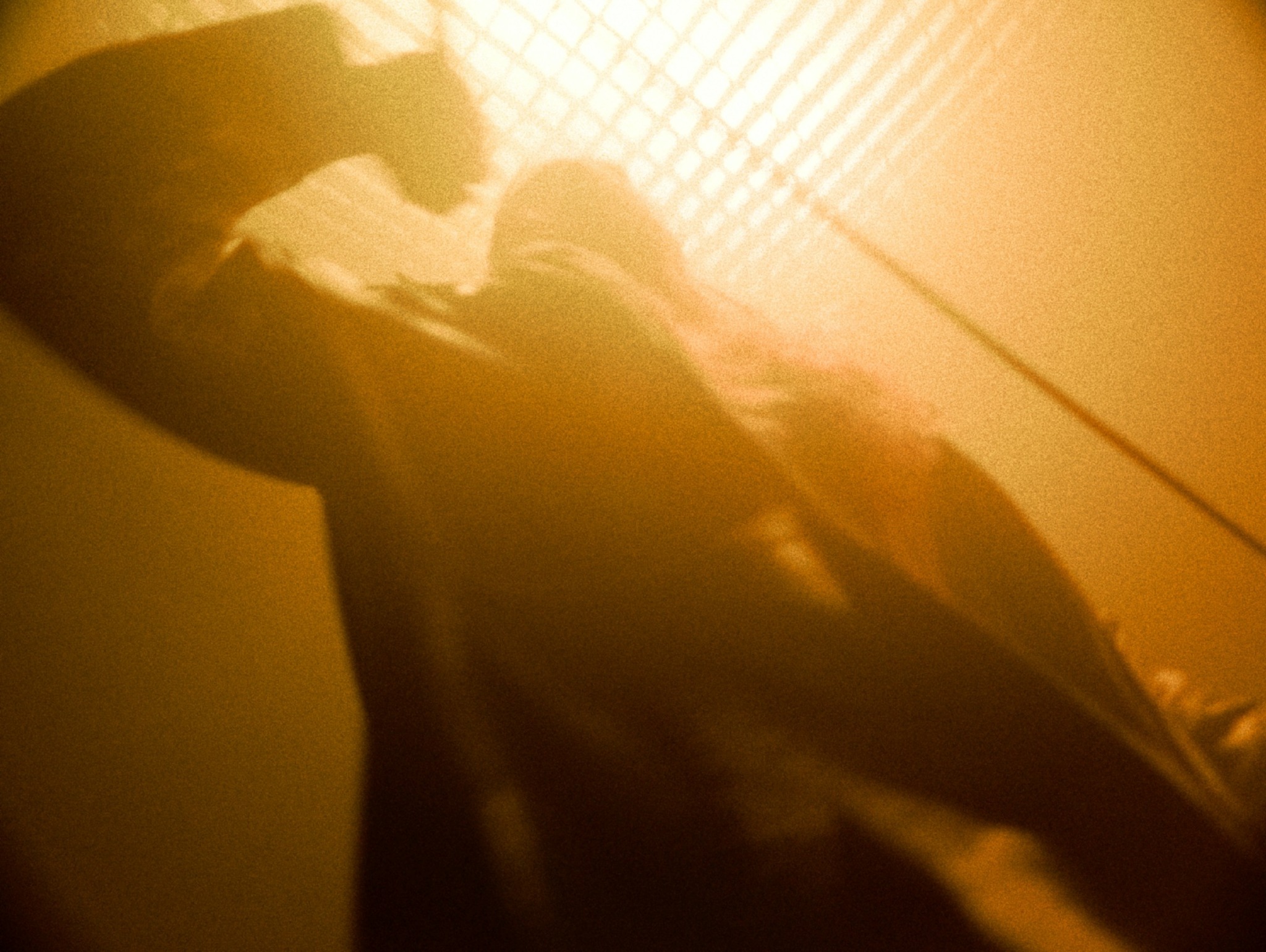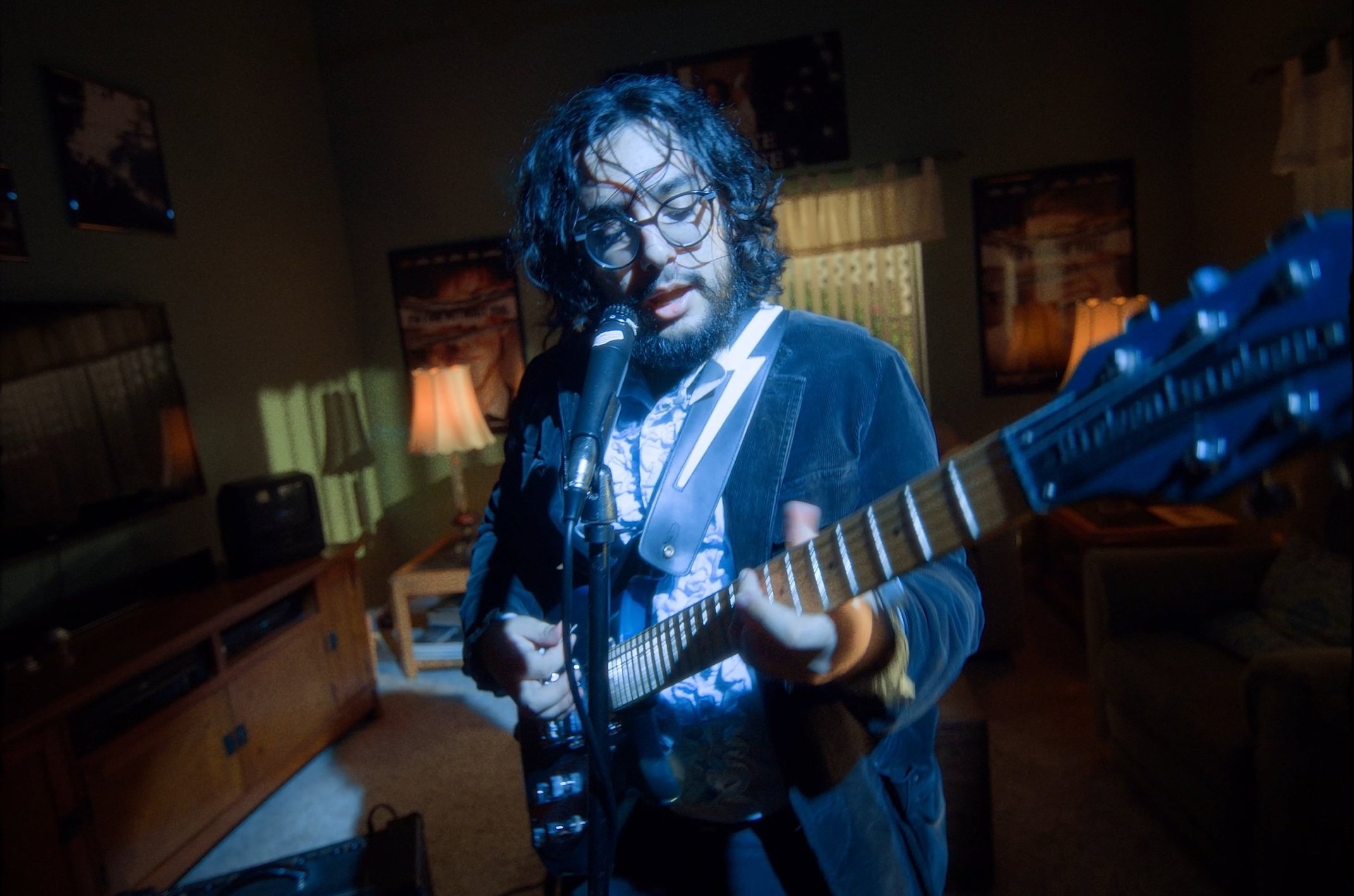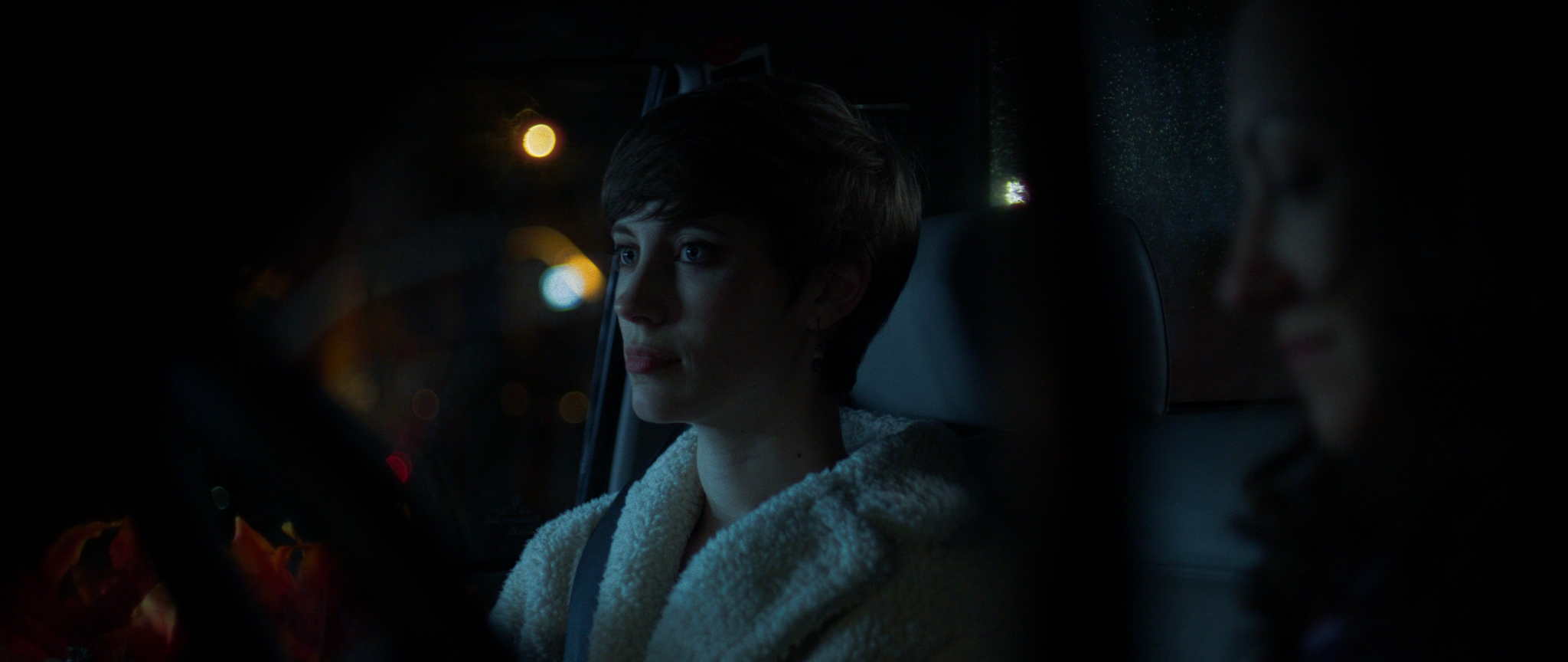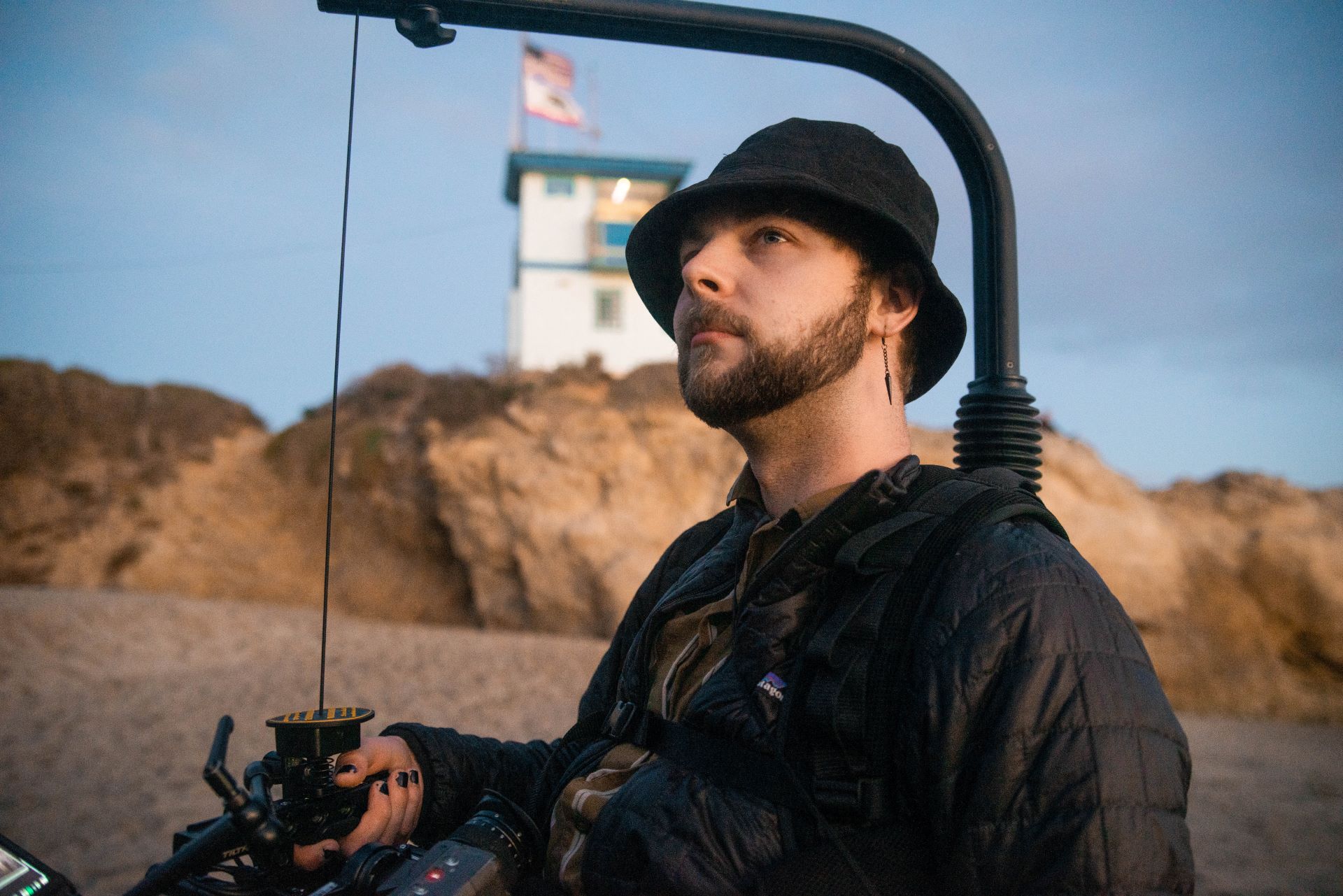We caught up with the brilliant and insightful Preston Maestri a few weeks ago and have shared our conversation below.
Preston, thanks for joining us, excited to have you contributing your stories and insights. Talk to us about building a team – did you hire quickly, how’d you recruit the first few team members? Any interesting lessons?
Well, every production is a bit different. Sometimes it might just be me and one other person, sometimes it’s a team of 5-6 people. But regardless of the size of the production, I find one of the more underrated skills of working as a cinematographer is actually team management. A lot of cinematographers only focus on improving their skills on the craftsman side of the business, but I really believe that being able to effectively communicate with, and manage a team as a boss is crucial. No matter how talented you are, if you can’t communicate your vision effectively to the team that is going to execute it, you won’t get anywhere. There really are a million ways to light a set, so for me, it’s very important to work with crew that have similar taste, and are easy to communicate with. As a department head, the crew often follows your lead, not only in direction, but in attitude as well. I’ve gotten a lot of value in working with crew that are able to keep a level head, and don’t have a bad attitude on set. Working on set can be very stressful already, so it’s important to be able to maintain an calm envi0rment whenever possible. I’ve actually had to stop hiring certain individuals on set because of the negative attitude they brought to productions, despite their skill in their profession.
Early on in my career, I just hired whoever I could afford and was available. I really didn’t have much experience yet, and I had to work with whoever I could get. Nowadays I’m a bit more picky. Typically before I start working with someone seriously, I’ll scout out their other work, and try to talk to them one on one, and ask them about their passions, career goals, etc. This gives me a good understanding for what kind of person they are, and if they seem like they have a good head on their shoulders, I’ll bring them on set. I’ll usually try to take them on low stakes shoots to see how they operate with the rest of the team. If they work well and have a good attitude, then I try to hire them whenever I have the opportunity. I’ve got tons of different crew members with different strengths, so I try to bring on the person I think is best for the job.
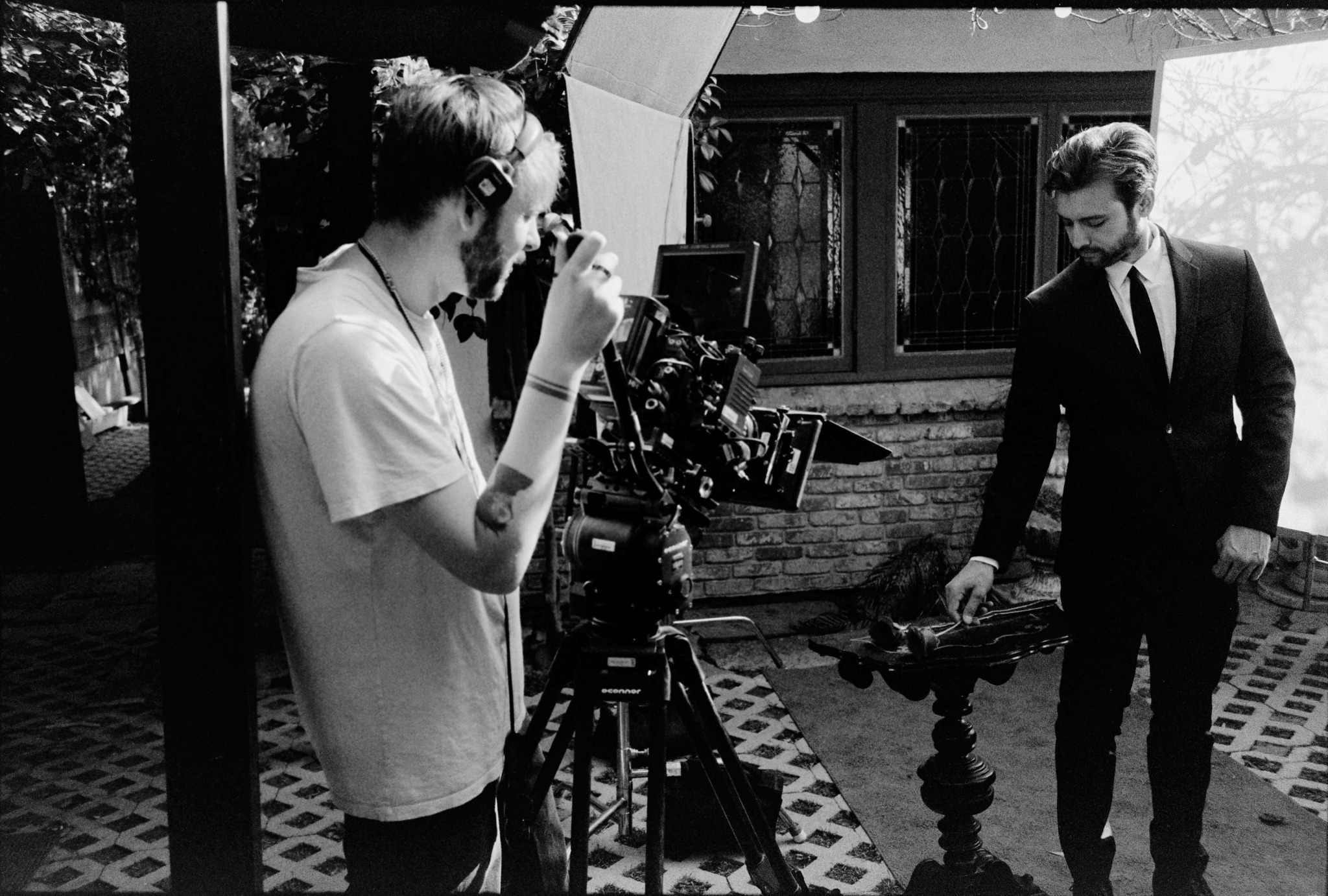
As always, we appreciate you sharing your insights and we’ve got a few more questions for you, but before we get to all of that can you take a minute to introduce yourself and give our readers some of your back background and context?
I’m a Cinematographer and Colorist born and raised in Los Angeles. Most of my work is focused in music and narrative mediums at the moment. I can honestly say I feel incredibly fortunate to work in these spaces, both of which have been passions of mine since I was young. I started attending CSUN in 2015, where I met a lot of my current collaborators. I was accepted into the cinematography program. Around the same time, I got a job as a tech at a local rental house. I often found myself getting off work exhausted, and having to drive across town to spend hours in night classes. It was tough juggling both, but I think it really gave me a healthy balance of practical and creative experience. I was always very interested in how technical elements could open up new avenues for creativity, so cinematography really felt like it came naturally to me. Since graduating, I’ve thrown myself into making Cinematography my career. I spent the next few years just trying to get on as many sets as possible. I wanted to work with, and learn from anyone and everyone. It hasn’t been an overnight journey, but I’ve been fortunate to work on some fun projects with incredibly talented people. I’m happy to be able to work with artists to develop a visual language that elevates their voice and brand. People eat with their eyes, so to speak, so presentation is everything. I think one of my strengths is my ability to elevate an idea as a cinematographer. When I’m sent a treatment for a project by a director or artist, my first instinct is to find something unique in it. I want to bring ideas that elevate the project with the expertise I have as a cinematographer. Every project is a new opportunity to try something different, and I think my clients and collaborators appreciate that. I try to treat every project like it’s my last, which I think motivates me to find images I wouldn’t otherwise. It’s hard to pick one project that I’m most proud of, because I’m always learning and improving, and I try to see every project as an opportunity. I think what I’m most proud of is the steps I’ve taken on the business side. Reaching out to directors, finding new gigs, and working with new people almost every day are some of the hardest parts of the industry, so I’m proud of the progress I have made so far.
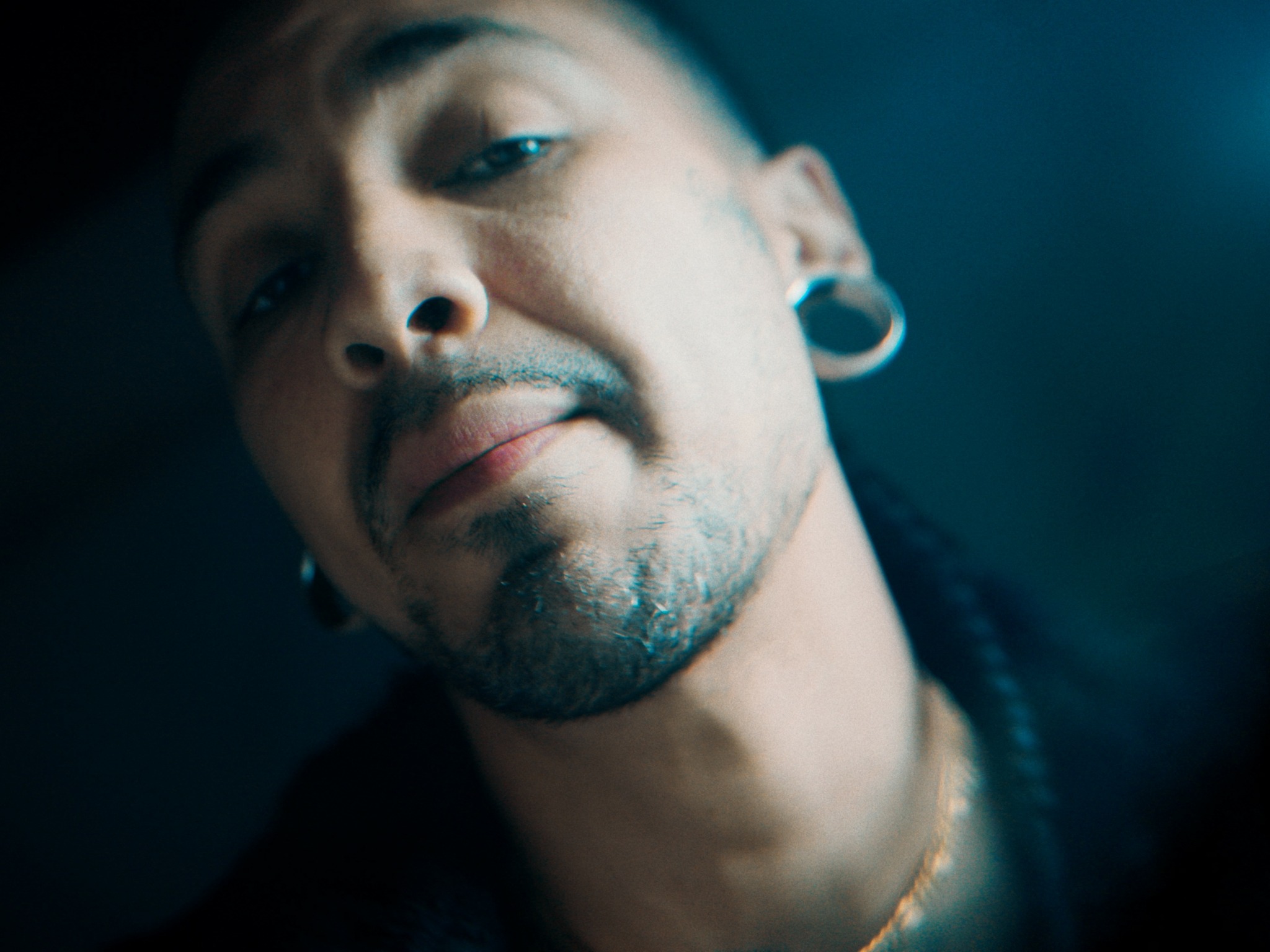
How’d you build such a strong reputation within your market?
I take a lot of pride in my integrity as a business owner and artist. I think when you turn your passion into your career, it’s very easy to get cynical. The film industry is not an easy industry to survive in, especially right now, and you’re bound to run into individuals who employ shady business practices, don’t pay, or are just generally unreliable. But in this industry, your reputation is really all you have, and so that’s why spend a lot of energy ensuring both my clients, and my employees get exactly what is promised to them on a job. I bring a strong sense of security to jobs because I am dependable, hard working, and I always deliver on what I promise. I’ve never missed a deadline, a payment, or call time, and I try to work with individuals who do the same. When crew members come onto a job, they know they will be treated with respect, and that I will ensure they get paid. When clients work with me, they know that I am a clear communicator, I’m honest, and I will go above and beyond to make their project the best it can be. I think all of this has helped me maintain clients and employees, and has built my reputation as a trustworthy and hardworking filmmaker.
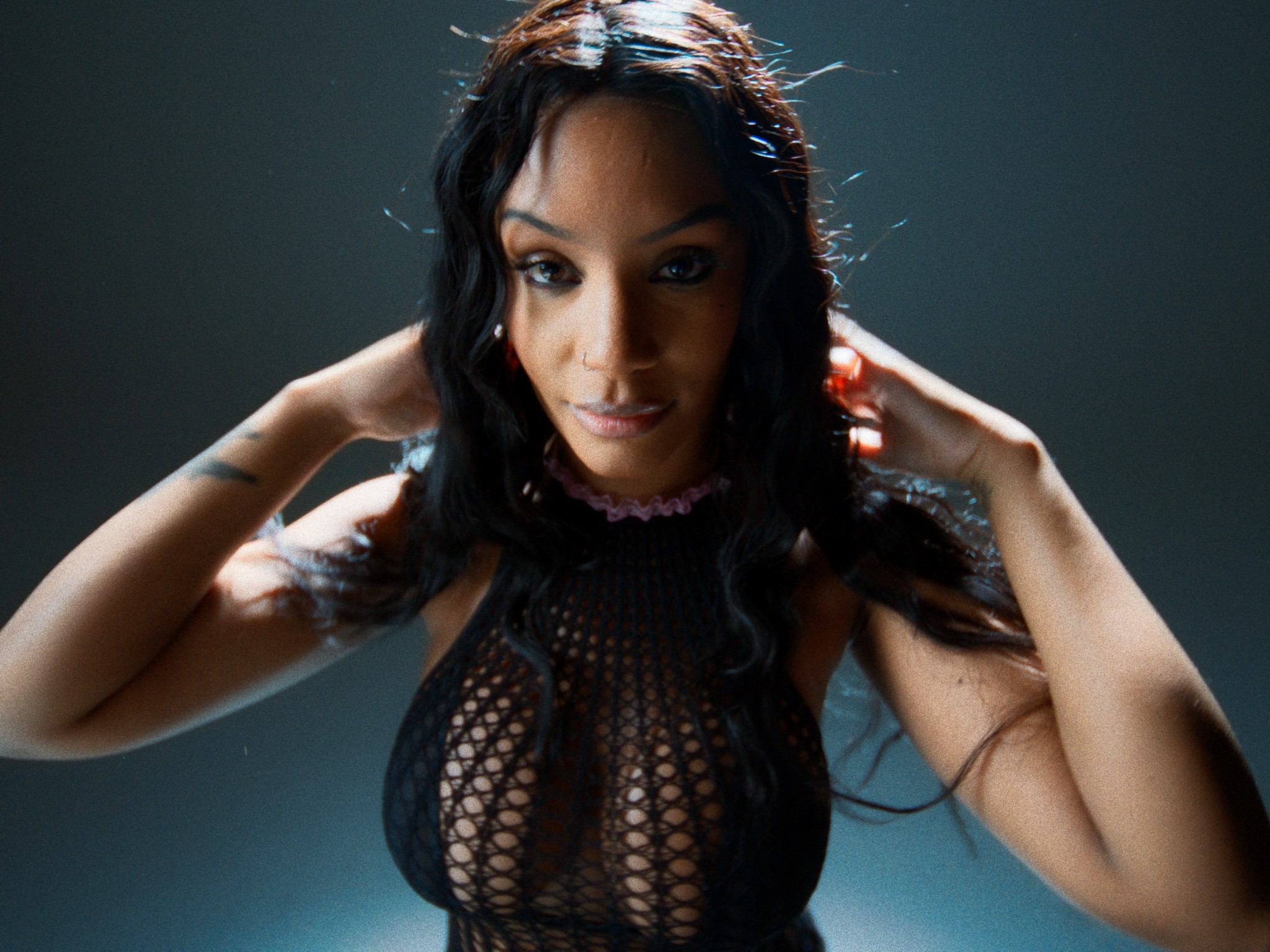
What’s the most rewarding aspect of being a creative in your experience?
I mean that’s obvious; it’s the work! I have always loved creating visuals, and I get to do it every day for a living. What could be better than that? I am proud of the work I have done in the past, and every new opportunity is a chance to get closer to the images I have in my head. There’s nothing more satisfying than visualizing a shot, and then seeing it come to life on screen.
Contact Info:
- Website: https://www.prestonmaestri.com/
- Instagram: @PrestonMaestri
